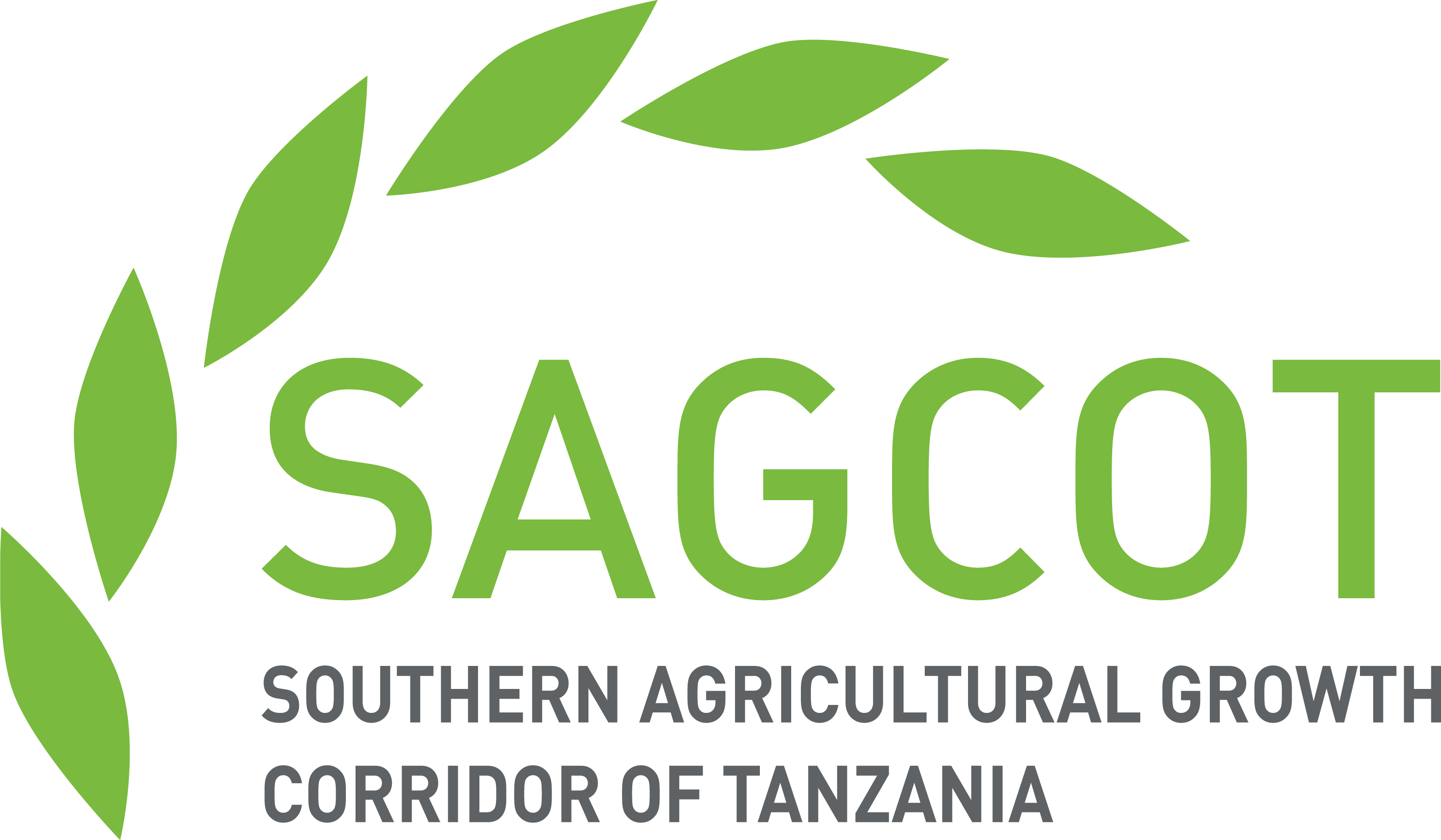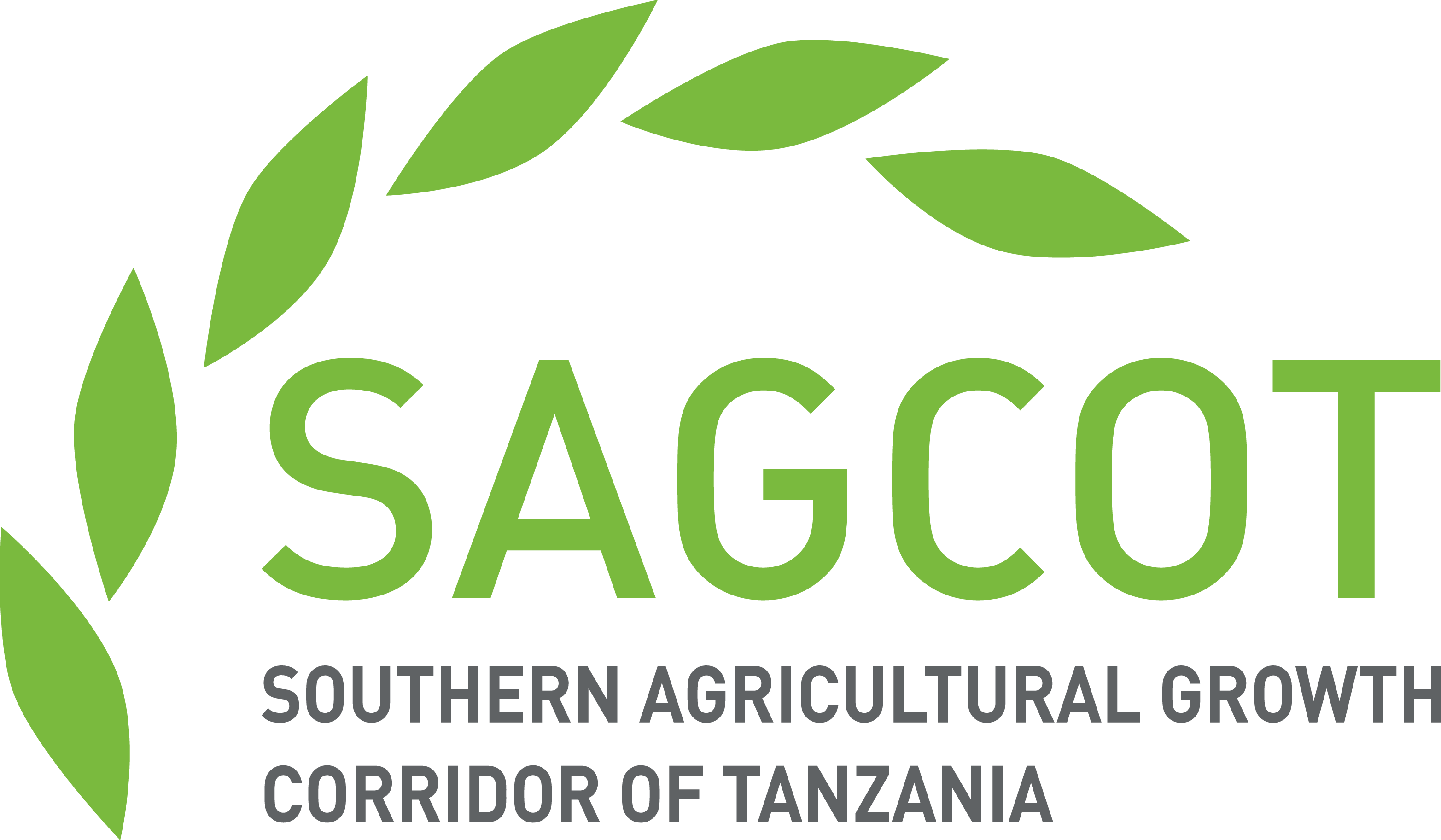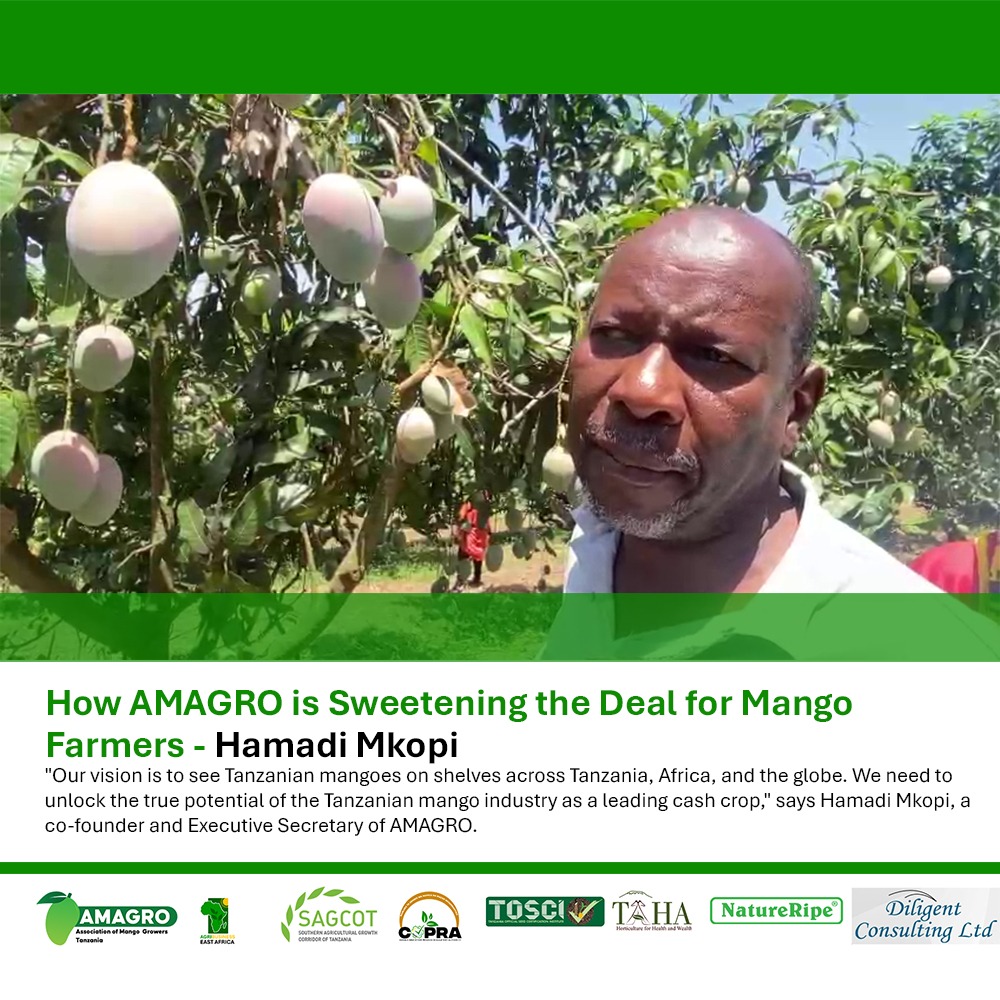In the heart of Tanzania’s agribusiness revival lies a soft-spoken yet passionate advocate for mango growers — Mr. Hamadi Mkopi, a co-founder and Executive Secretary of AMAGRO, the Association of Mango Growers. Known for his grassroots leadership and technical expertise, Mr. Mkopi is one of the country’s most experienced mango farmers and a critical voice in the campaign to elevate the mango value chain under national development frameworks like SAGCOT and the evolving AGCOT model.
Humble Beginnings and the Birth of AMAGRO
Speaking in a calm, thoughtful tone, Mr. Mkopi recalls the early days:
“AMAGRO started as a Mango Club in the year 2000. It was just a group of passionate farmers exchanging knowledge. In 2003, we registered formally as an association. Back then, we were very active in the Coast Region and Dar es Salaam — we had over 4,000 hectares under mango cultivation.”
However, rapid urban development soon swallowed up most of these mango farms.
“About 80–90% of those farms were lost to housing and industrial projects. The city grew too fast. We had started in the wrong place.”
That setback, however, did not kill the dream — it only forced a reset.
Rebuilding the Network, One Farmer at a Time
Today, AMAGRO boasts around 150 active members, with outreach to regions like Songea, Tabora, Dodoma, and Tanga — though Mkopi acknowledges that this is a far cry from their initial ambitions. The loss of over 650 members from a previous donor-funded project (CFC) taught them a hard lesson in sustainability and member engagement.
“We’re rebuilding. Slowly, but with purpose. There’s now strong support from organizations like SAGCOT, TAHA, and COPRA — and this has breathed new life into the association.”
Technical Knowledge, Global Exposure, and Local Innovation
Mr. Mkopi isn’t just a leader; he is also a well-travelled technical expert. His experience spans India, Malawi, and even West Africa, where he has studied successful mango cultivation models.
“In West Africa, I saw how countries like Mali and Senegal turned mangoes into export gold. I was impressed but also encouraged — Tanzania can do better, especially with the varieties we have.”
One of his biggest achievements was helping Tanzanian mangoes re-enter the European market, after a ban due to fruit fly contamination in 2003. Through hot water treatment training, AMAGRO helped small exporters resume shipments — successfully completing nine export cycles to the UK.
“We had to teach our farmers how to treat mangoes post-harvest. That opened the market again.”
He also reflects on high-density planting, having tested spacing of 1m x 4m on his own farm, inspired by Australian techniques taught in Kenya.
“With 3,333 trees per hectare, even at just 30 mangoes per tree, you get over 60 tonnes per hectare. That’s commercial agriculture.”
A Vision for a Unique Tanzanian Mango Identity
Hamadi is passionate about developing a distinct Tanzanian mango brand, drawing parallels with globally recognized varieties like India’s Alphonso, Philippines’ Carabao, or Australia’s Kensington Pride.
“Some mangoes from Tanga and Tabora have superior taste. If we invest in them, improve and protect them, they can become our national pride.”
He warns, however, that Tanzania must act quickly — from identifying local elite varieties to working with processors like Azam, who already use small amounts of Alphonso mango to improve local pulp aroma.
Calling for National Recognition and Structured Growth
Mr. Mkopi advocates for mangoes to be prioritized in national crop development strategies.
“We need the government to see the mango’s potential. Not just as a fruit, but as an economic driver — for local markets and exports.”
He calls for a national mango development plan that includes branding, propagation of elite varieties, farmer training, and structured market linkages.
“Let’s stop cutting mango trees for charcoal. Let’s teach farmers to plant more in smaller areas but do it commercially. That’s where transformation begins.”
Conclusion: Seeds of a Mango Revolution
From setbacks in Dar es Salaam to experimenting with new agronomic methods and pushing for international standards, Mr. Mkopi embodies the resilience and vision needed for Tanzania’s mango sector to thrive. With AMAGRO’s leadership, and support from the wider agricultural ecosystem — including SAGCOT, TAHA, and the AGCOT transition — the sweet future of Tanzanian mangoes is no longer a distant dream.




